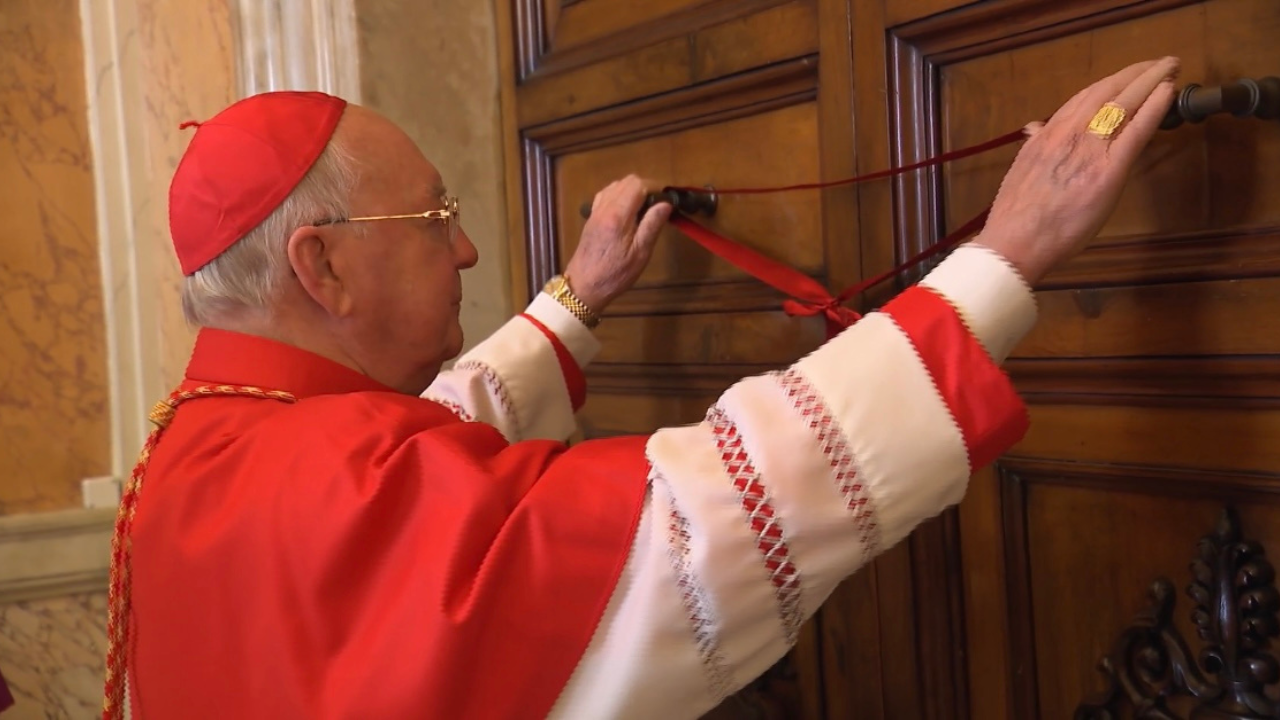Holy Thursday, Good Friday and Holy Saturday—these are well-known names of Holy Week. But there's another day with a unique name this week: Spy Wednesday.
FR. GIOVANNI ZACCARIA
Liturgy Expert, Pontifical University of the Holy Cross
On Holy Wednesday, during the celebration of the Eucharist, we read the Gospel where it tells how Judas makes arrangements for Jesus' betrayal. So this day is marked by this Gospel passage recounting Judas' betrayal.
Matthew's Gospel chapter 26 sets Judas' betrayal two days before Jesus' passion, placing it on Wednesday. The passage describes how Judas' love of money outweighed his loyalty to Jesus.
POPE FRANCIS
April 8, 2020
Those who love money too much betray in order to have even more, always: this is a rule, it is a matter of fact. Judas, perhaps a good man, with good intentions, ends up as a traitor to the point of going to the market to sell. He went to the chief priests and said “What are you prepared to give me if I hand him over to you?”
The exact date when Christians began referring to this day as Spy Wednesday is not clear. But in the fourth century, there are records of two bishops calling these 7 days leading up to Easter Holy Week. So early Christians would have commemorated Spy Wednesday as well, just with a different name as “spy” would not become part of the everyday language until the medieval period.
Today, Spy Wednesday is also sometimes referred to as “Silent Wednesday” because the Gospels do not report any of Jesus' activities.
KG






















